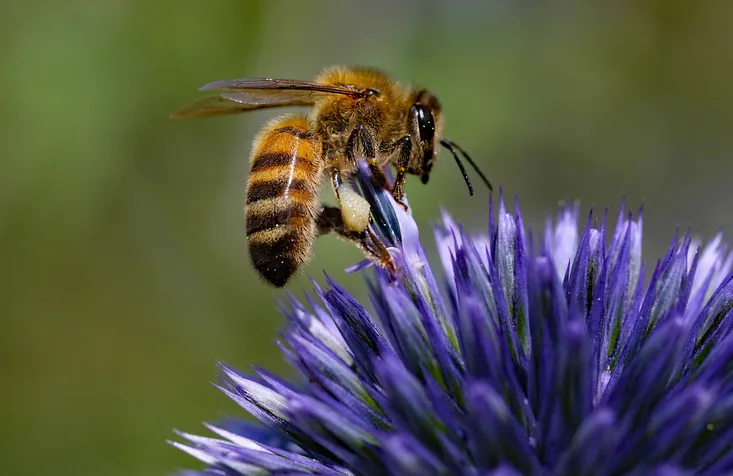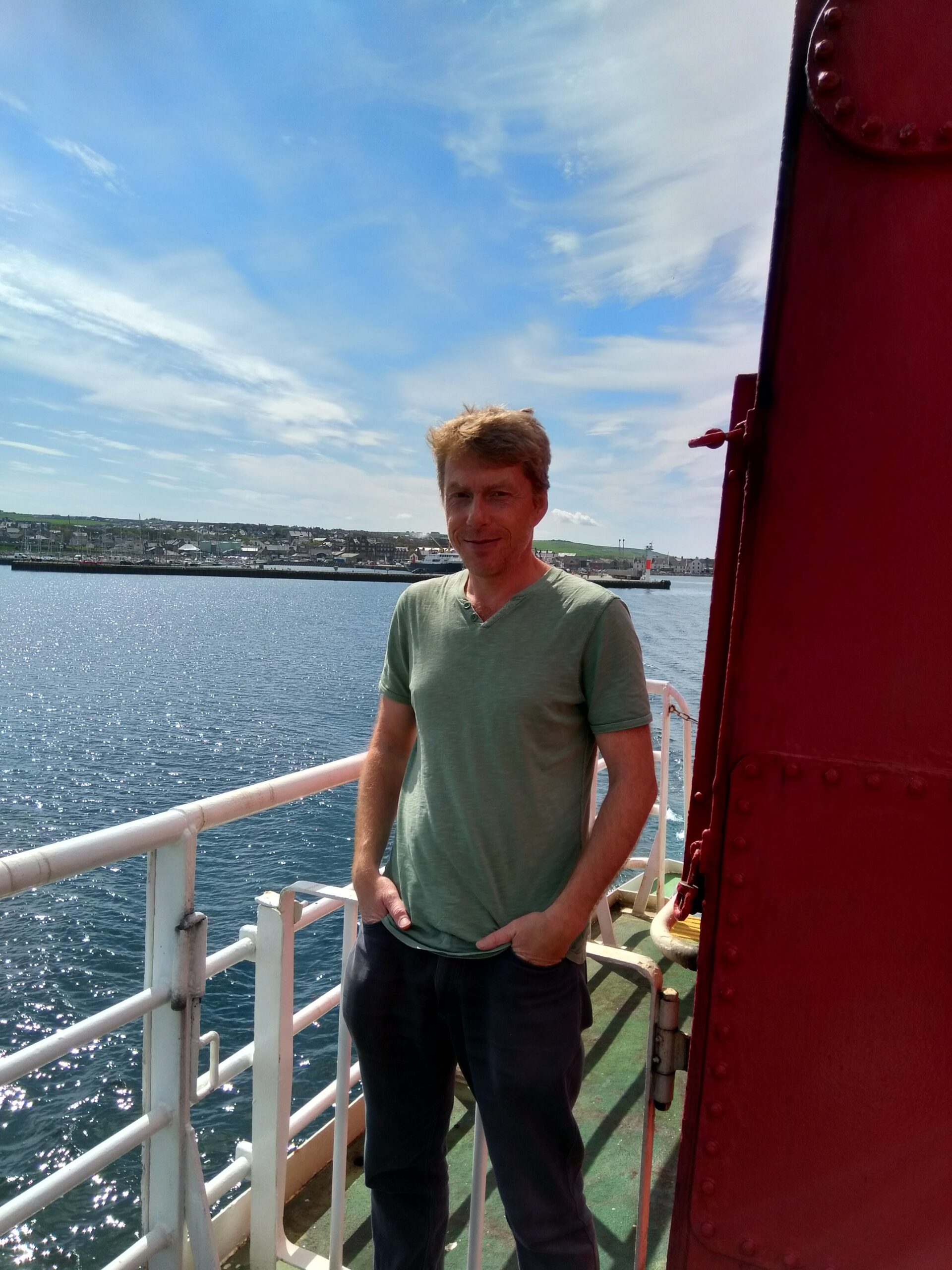A ban on neonicotinoids and other pesticides widely believed to be harmful to bees has been backed by the UK government. The move has been welcomed by environmentalists but heavily criticised by farmers who warn a ban could be counter-productive.

Concern about the negative impact of pesticides on bees and other pollinators has been growing for several years. Michael Gove, Secretary of State for the Department of the Environment, Food and Rural Affairs (DEFRA), now says that evidence is sufficient for the UK to support a ban.
“The weight of evidence now shows the risks neonicotinoids pose to our environment, particularly to the bees and other pollinators which play such a key part in our £100bn food industry, is greater than previously understood,” said Gove. “I believe this justifies further restrictions on their use.'
Gove added that "unless the scientific evidence changes, the government will maintain these increased restrictions post-Brexit."
The announcement represents a significant U-turn by the British Government. The UK had previously opposed a trial EU ban imposed in 2013, arguing that there was insufficient evidence of a link between neonicotinoids and pollinator decline.
A two-year trial ban on pesticides linked to a decline in honeybees and other species was introduced across Europe in December 20013. The European Food Safety Authority declared that three neonicotinoids - clothianidin, imidacloprid and thiametoxam - posed an "acute" risk to bees. These were widely applied to seed treatment, soil application and foliar treatment on crops popular with bees, such as corn, oilseed rape and sunflowers.
In the UK, two-thirds of wild insect pollinator species - such as bumblebees, hoverflies, butterflies, carrion flies, beetles, midges and moths - have suffered population declines. The number of managed honeybee colonies in the UK fell by 53% between 1985 and 2005 while solitary bee diversity has declined in 52% of English landscapes surveyed.
Last month it was revealed that 75 per cent of all flying insects in Germany had disappeared. Scientists ruled out the vagaries of weather as a cause, leaving pesticides as one of the key suspects.
Yields of over 20 crops within the UK are increased by pollination services. In the absence of bees, for example, the farmgate price of British apples would double.
The move has been widely welcomed by environmentalists. "[This] support for a more comprehensive ban on neonicotinoids to protect our disappearing bees and pollinators is just the sort of decisive and science-based action that the public needs to see to restore confidence in the UK’s ability to be a responsible custodian of our precious natural environment,” said Matt Shardlow, CEO of Buglife.
However, Ben Briggs, editor of Farmers Guardian, said the move could have potentially negative ramifications for wildlife. "Farming margins are already tight. You are taking away part of the tool kit that farmers need. We've seen oil seed rape crops suffering during the trial ban so we may see farmers turning to other crops that have their own herbicide and insecticide issues. If the UK grows less oil seed rape we could end up importing it from countries with lower environmental standards."
The National Farmer's Union said the announcement caught them by surprise. “We deeply regret the decision as we don’t believe the evidence justifies this abrupt change in policy," said a spokesperson. "We will continue to speak to the Government about how the impact of the decision can best be mitigated so that farmers can maintain sustainable and productive cropping systems."


